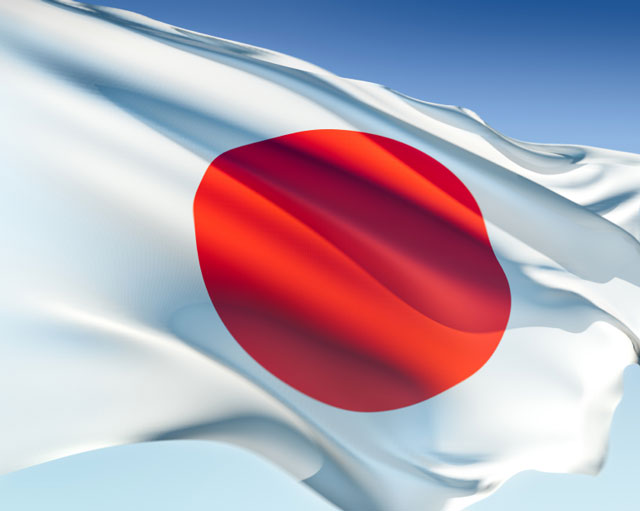Japan needs a stronger economy, not market rally

By Bloomberg
It's easy to see why Prime Minister Shinzo Abe wants Japan's $1.2 trillion government pension fund to start buying more stocks: A mere rumor about the fund increasing its equity holdings sparked a market rally earlier this week. But attempts to game the stock market have failed to revive Japan in the past and are doomed to failure again, unless Abe puts more effort into the harder work of real reform.
Japan's Government Pension Investment Fund -- the world's largest pension fund by far -- surely needs a boost, because in a rapidly aging country, fewer people are paying into the fund than are retiring. With more than half its current holdings devoted to safe but ultralow-yielding Japanese bonds, the fund has not been performing well; shifting some of that money into riskier assets could make sense. Since last year, when an Abe-appointed panel recommended that the fund diversify its investments, analysts have expected its target for Japanese stocks to grow to 20 percent (they now make up around 17 percent). That would inject roughly another $33 billion into the market. (Monday's rumors suggested the fund will increase its share of stocks to as much as 25 percent.)
Yet critics, including some fund officials, are right to worry that Abe is more interested in goosing stocks -- and his faltering approval ratings -- than in padding retirees' nests. In any case, putting more money into equities may not be the best way to increase the fund's returns. Despite a run-up since Abe took power at the end of 2012, the Nikkei index is still down from its pre-bubble highs; this year, it's been one of the world's worst-performing bourses. If the market nosedives, there's little doubt Japanese taxpayers will end up footing the bill. Then those lower returns from bonds might not look so bad.
Advocates of stock buying claim it would spur companies to become more attractive by improving their governance. Perhaps. But even a 5 percent bump in the pension fund's domestic stockholdings would amount to only 1.4 percent of the value of listed equities in Japan. It's just as likely that an artificial bull market will ease some of the pressure on Japan Inc. to reform.
Mainly, though, it's the rush to start buying -- some reports have claimed new targets will be announced before the end of the month -- that raises suspicion. This pressure on the pension fund brings to mind the Japanese government's notorious "price-keeping operations" of the early 1990s -- a desperate attempt to hold the Nikkei index above 17,000.
What's worse is that Abe's market manipulations are distracting him from the more important work that needs to be done to increase Japan's competitiveness. He appears perfectly willing to let languish the Trans-Pacific Partnership trade pact -- something he once claimed would be a pillar of his revival efforts. A month ago, his chief negotiator walked out of talks with U.S. counterparts, leaving the deal in limbo just weeks before Abe is supposed to meet President Barack Obama at a summit in Beijing.
Perhaps Abe is merely playing hardball with Washington, hoping to delay the elimination of sensitive agricultural tariffs as long as possible. But his inattention adds to the sense that he's loath to challenge Japan's vested interests and will pursue only easy reforms -- including the Bank of Japan's unprecedented quantitative-easing scheme and cuts in corporate taxes. The most critical of the structural reforms included in his vaunted "third arrow" -- which include measures to boost the role of women and foreign workers in the economy -- remain far from bold. And in any case, most are still slowly working their way through Tokyo's bureaucratic maze.
Last year's stock rally has largely stalled because investors have yet to see Abe's promised push for significant reforms. Until he takes action on those, any government boost to the stock market will be short-lived.
